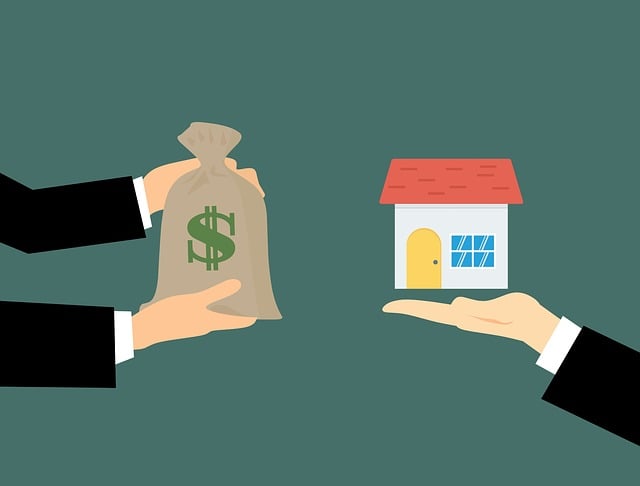Car title loan utility bill verification is a crucial process where lenders examine recent utility bills to validate borrower income, assess affordability, and gauge risk. This method ensures repayment ability and responsible financial management, offering an alternative for those with limited credit history. Efficiency and accuracy are key through streamlined digital tools, comprehensive bill details, and accepted utility provider databases, fostering transparency and facilitating debt consolidation.
In the dynamic landscape of the car title loan industry, meticulous utility bill verification is a cornerstone ensuring responsible lending practices. This article delves into the intricate process of car title loan utility bill verification, highlighting its significance in mitigating risks and facilitating secure financial transactions. We explore the role of documentation in securing loans, offering insights on best practices for efficient and accurate verification, with a keen focus on SEO keywords like ‘car title loan utility bill verification’.
- Understanding Car Title Loan Utility Bill Verification
- The Role of Documentation in Securing Loans
- Best Practices for Efficient and Accurate Verification
Understanding Car Title Loan Utility Bill Verification

In the car title loan industry, utility bill verification is a critical process designed to ensure the legitimacy and stability of potential borrowers. It involves validating a borrower’s financial standing by examining their recent utility bills, such as electricity, water, or gas statements. This method provides lenders with valuable insights into the borrower’s ability to make consistent payments, which is crucial for assessing loan payoff risks. By comparing the borrower’s income and existing financial obligations against their utility bill amounts, lenders can gauge affordability and make informed decisions regarding loan approvals and flexible payment structures.
Car title loans often come with unique considerations due to their secured nature. Lenders need to verify not only the borrower’s ability to repay but also their commitment to maintaining basic utilities, indicating responsible financial management. Utility bill verification plays a pivotal role in this assessment, offering a practical approach to understanding borrowers’ economic realities and facilitating more personalized and flexible payment options within the car title loan framework.
The Role of Documentation in Securing Loans

In the car title loan industry, documentation plays a pivotal role in securing loans for borrowers. Among various documents, utility bill verification stands out as a crucial step in the lending process. This practice ensures that borrowers have a stable and legitimate source of income, which is essential for repaying the loan. By verifying utility bills, lenders can assess the borrower’s financial health and determine their ability to make consistent payments, thereby reducing default risk.
Car title loans, known for offering quick funding with minimal requirements, rely heavily on documentation to safeguard both the lender and the borrower. Unlike traditional loans that often require extensive credit checks, car title loans provide an alternative financial solution for those with limited or no credit history. Utility bill verification serves as a key component in this process, helping lenders make informed decisions while ensuring borrowers receive the necessary funds without facing stringent credit assessments.
Best Practices for Efficient and Accurate Verification

When it comes to Car Title Loan Utility Bill Verification, establishing best practices is paramount for both lenders and borrowers. Efficiency and accuracy are key; a seamless process ensures quick approval times while minimizing errors that could lead to delays or disputes. Lenders should standardize verification procedures, integrating digital tools where possible to automate data collection from utility bills. This streamlines the process, reducing manual effort and potential human errors.
For accurate verification, lenders must ensure comprehensive bill details, including service types, account numbers, and dates of service. Cross-referencing this information with borrower provided data is crucial. Additionally, maintaining a robust database of accepted utility providers and their respective formats aids in consistent verification across different bills. These practices, coupled with clear communication channels, contribute to a transparent and effective Dallas Title Loans process, facilitating debt consolidation for borrowers seeking secured loans.
Car title loan utility bill verification is a critical process that ensures borrowers’ financial stability and lenders’ security. By implementing best practices, lenders can streamline this procedure, enhancing efficiency and accuracy while maintaining robust documentation standards. Understanding the significance of each step and adopting efficient methods will contribute to a positive borrower experience in the car title loan industry.






